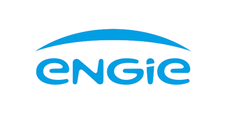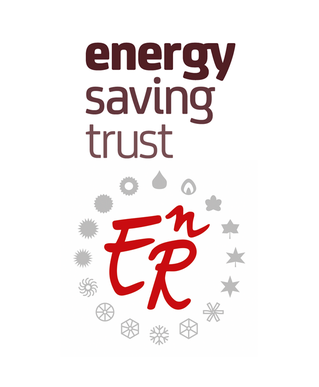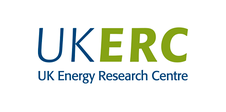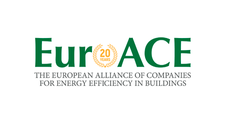Search eceee proceedings
Is efficiency + sufficiency sufficient for Iran?
Panel: 2. What's next in energy policy?
This is a peer-reviewed paper.
Authors:
Faraz Sojdei, Ministry of Petroleum, Iran
Ali Khodamoradi, Freelance Consultant, Iran
Abstract
The Middle East will be very vulnerable to climate extremes according to different references including World Bank, and this raises urgency for more severe actions in this region, based on the decisions to stay in 1.5◦C limit. Many Oil and Gas producers with some common challenges are in this region, Iran being an influential country among them who is and a member of OPEC is increasingly vulnerable to climate change.
On the other hand, Iran's high energy intensity put it as 8th place in the top 10 GHG emitters.
Meanwhile economic and energy security concerns made Iran set different policies to improve its energy intensity including flaring reduction, the transition to lower carbon fuels, improvement of efficiency by implementing energy management systems in energy-intensive Industries, and development of renewables. These undoubtedly have co-benefits towards reducing carbon footprints and may improve Iran’s position in GHG emitting ranking.
Due to the big amount of subsidies that Iran pays for energy, the concept “Efficiency First” has not been sufficiently attractive to make it “First” during the last decades, and the government needs to act to incentivise movement towards low carbon economy. Meanwhile, different barriers like economic blockade have put limits on Iran to access to technology, capacity building facilities (including cooperation with experienced efficiency companies) and finance for improving efficiency.
Despite the barriers, the strong will to combat its carbon footprint and eminent progress in fuel switching from oil products to natural gas in different sectors exists, but political difficulties could cause a rollback in this way. On the other hand, because of the young and extensive middle class and appetite for using luxury and wasteful use of energy, paying attention to sufficiency is important too.While being efficient has severe barriers on its way, every effort must be facilitated. The mitigation policies against climate change shall not face hurdles in any way for any country (especially Iran who has a special situation from this point of view) in a way that can adversely influence climate change. The climate impacts are something that won’t stay in the borders.
Downloads
Download this paper as pdf: 2-123-19_Sojdei.pdf
Download this display as pdf: 2-123-19_Sojdei_display.pdf
Panels of
1. The dynamics of limiting (energy) consumption
2. What's next in energy policy?
4. Monitoring and evaluation for greater impact
5. Smart and sustainable communities
7. Make buildings policies great again
8. Buildings: technologies and systems beyond energy efficiency
9. Improving energy efficiency in ICT, appliances and products

























